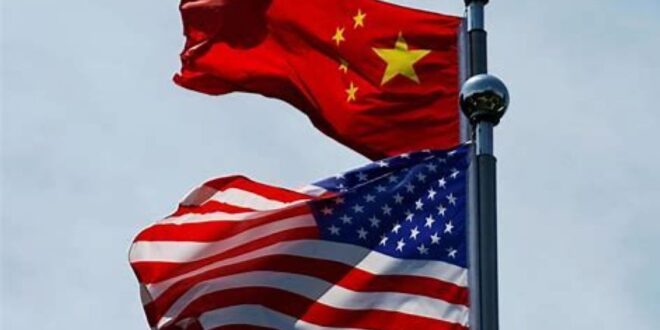In a fresh escalation of trade tensions, China’s Finance Ministry has announced a new set of retaliatory tariffs against the United States in response to recent U.S. trade measures. The move underscores the deepening economic standoff between the world’s two largest economies, with both nations imposing tit-for-tat trade restrictions that could impact global markets.
China’s Retaliatory Tariffs: What’s Changing?
The new tariffs, which target key U.S. exports, include higher duties on:
- Automobiles and electronics
- Agricultural products such as soybeans and corn
- High-tech goods, including semiconductors
These measures are seen as a direct response to U.S. tariff hikes on Chinese imports, which Washington justified as a means to counter China’s industrial policies and alleged unfair trade practices.
Why Is China Retaliating?
The Chinese government has emphasized that these tariffs are a necessary countermeasure to protect its domestic industries and push back against what it sees as unilateral and unjustified trade restrictions from the U.S. Officials have also warned that continued economic pressures from Washington could further destabilize global supply chains.
Impact on Global Markets
The latest round of tariffs is expected to:
Increase costs for businesses and consumers on both sides
Disrupt global supply chains, particularly in the tech and agriculture sectors
Drive volatility in financial markets, as investors assess the economic fallout
Economists warn that if tensions escalate further, both countries could face slower economic growth, higher inflationary pressures, and potential shifts in global trade alliances.
While trade negotiations remain open, neither side appears ready to back down. Analysts are closely watching for potential diplomatic talks or further escalation in trade restrictions. The Biden administration has yet to announce any counter-response to China’s new tariffs, but further economic measures could be on the table.
As the U.S.-China trade war reignites, businesses, investors, and consumers alike must brace for potential economic ripple effects. With both superpowers locked in a battle of tariffs and trade policies, the global economy could face increasing uncertainty in the months ahead.
 Business Sandesh Indian Newspaper | Articles | Opinion Pieces | Research Studies | Findings & News | Sandesh News
Business Sandesh Indian Newspaper | Articles | Opinion Pieces | Research Studies | Findings & News | Sandesh News



